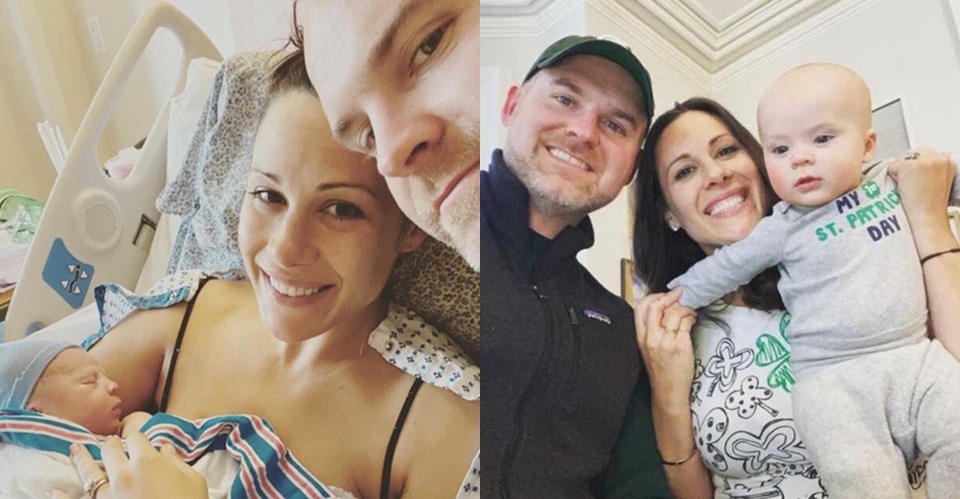When we tell the truth about our pain, we don’t break; we belong. She writes for the woman who might need a hand to hold, for the women who once lent her theirs, and for herself, to let the weight she’s been carrying finally breathe. She isn’t asking for pity. She believes stories hold power: they stitch hurts together, soften shame, and remind us we’re not alone. This is the story of her miscarriage.

In her journal, the last three months flicker like quick photos. First came a feeling she couldn’t name, then the test, the shock, the joy, the daydreams that bloom fast when you picture a new life. Work stress pressed in. She got sick. The scan looked uncertain. “Come back.” Her gut whispered what her ears weren’t ready to hear. Spotting started. “Wait and see.” She went to her mother’s house, sleep, tears, Reiki, fear. Then the wave hit hard. On the floor of her childhood bedroom, pain took over. She felt ancient and animal and small all at once. Time stretched. She moved, breathed, begged for it to end. Then she knew. It was over. And still her body kept pushing, a stubborn storm that had to pass through completely.
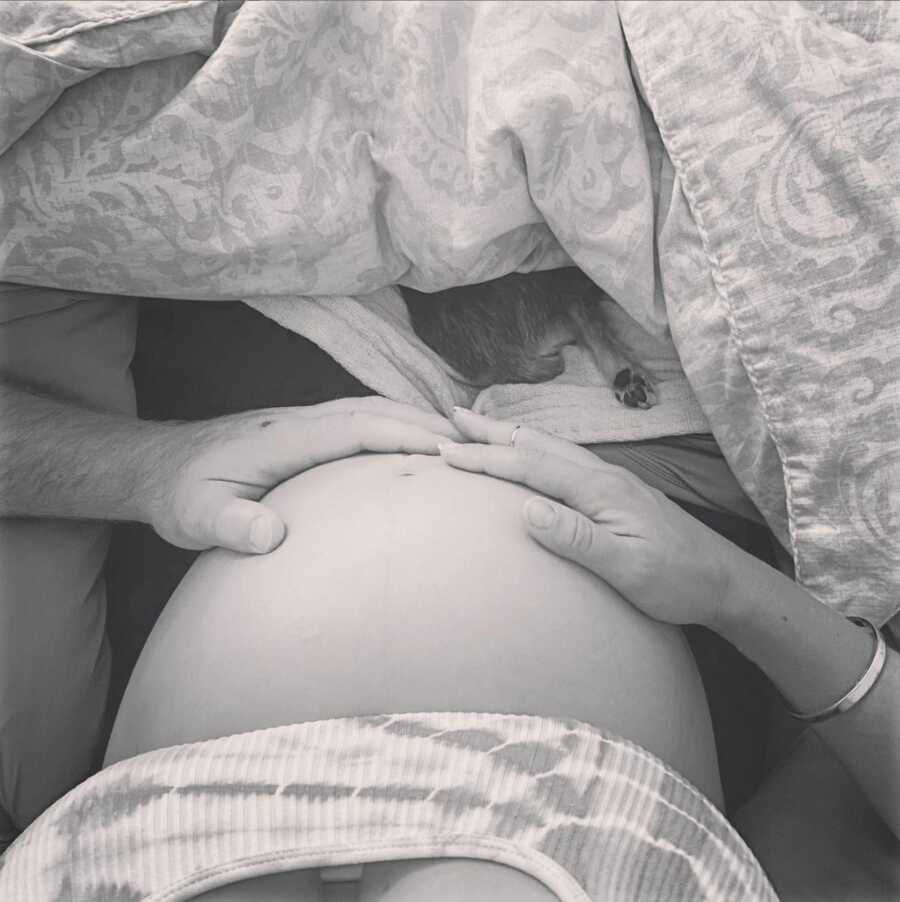
By dawn, she could hardly stand. The room tilted. Her mother held her, weeping with her. Hospital? She couldn’t. The day became a blur of opening and closing her eyes, blood, exhaustion, her partner’s steady presence, soup she couldn’t sip, mirrors she couldn’t meet: tests, apologies, cold rooms, more apologies. No surgery. “Rest.” She tried. Afterward, she and her partner sat on the grass behind their home and tried to make sense of the split between them and the world.
Together, they felt closer than ever; to everyone else, life seemed unchanged. They had been secretly learning to be parents, then, just as suddenly, unlearning it. He was expected to clock back in. She was scheduled to return to teaching and leading, even as she felt stripped of her skin. It shocked them how quietly this kind of loss is carried. We hide early pregnancies so we can hide our losses, too. One in four, she later learned. One in four, and still so many sit in silence.
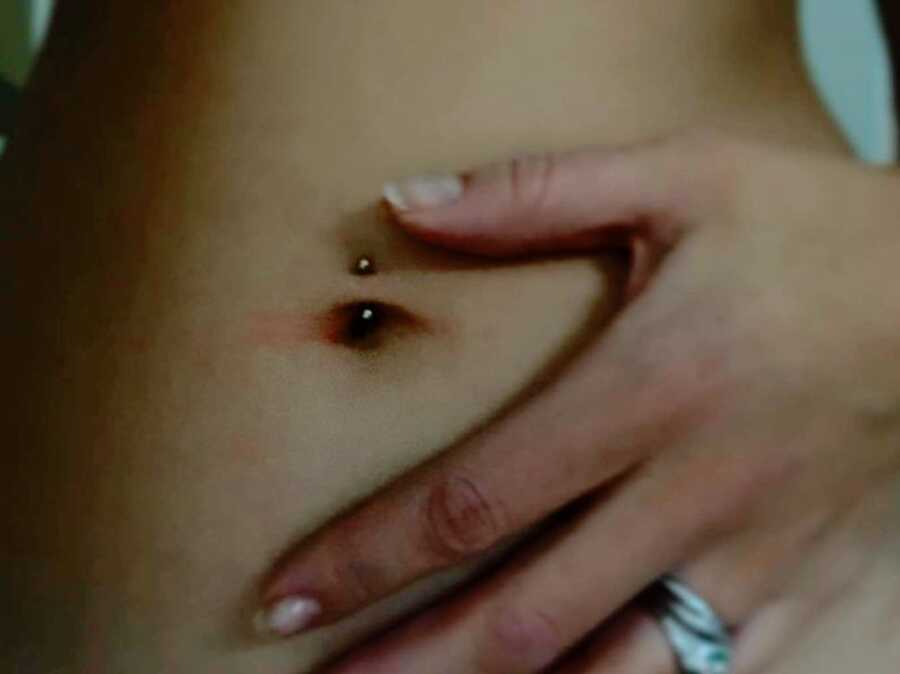
The most straightforward question, “How are you?” could undo her. She wondered why we celebrate triumphs but bury pain. Why do we guard grief like it’s a shameful secret? Slowly, the world began handing her small bridges. At the dentist, a routine question opened a door; she told the truth, and the hygienist told hers. Lightness. Recognition. Then more stories: the aesthetician, the lawyer, the coach, the doctor, cousins, a friend’s sister. Each time, she felt seen; each time, she watched other women soften as they shared. Pain didn’t disappear, but hope became visible again.
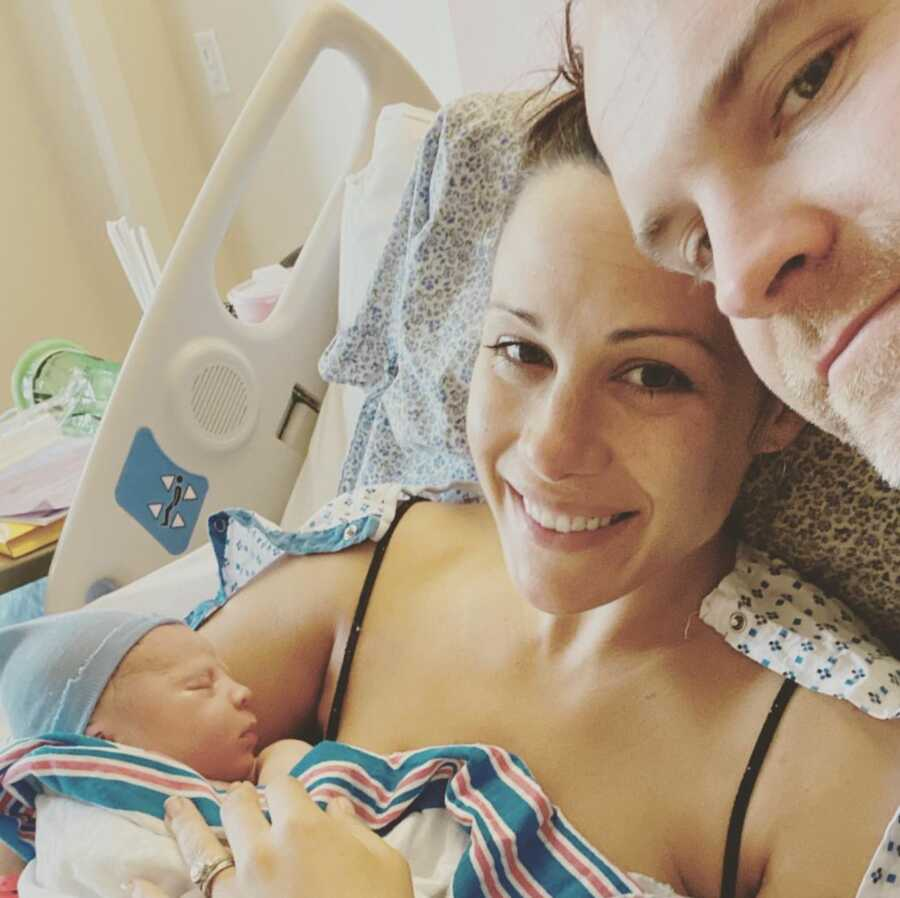
In the quiet that followed, she could watch herself from the outside. She saw the woman who tried to be everything, please, perform, and keep everything in place at any cost. She realized this loss wasn’t only the end of a hoped-for beginning; it was a hard reset. A turning inward. The lesson her first child gave, without ever arriving, was fierce and clear: she could not grow another life while starving her own. To care for others, she would have to care for herself first, with no excuses and no apologies. Her flaws and strengths belonged together; love had to hold all of it.
She knows how women are trained to be strong and soft, to carry and hush. Those roles build resilience, but they can also hide our most profound wisdom. She wants a different normal where stories don’t have to be whispered in back rooms. She shares hers to widen that space: tell yours if and how it feels right out loud or in private, to a friend, a family member, a stranger who might understand. Speak the loss, the anger, the guilt, the love, the children who came later, the strength that woke up, the life that unfolded beyond.
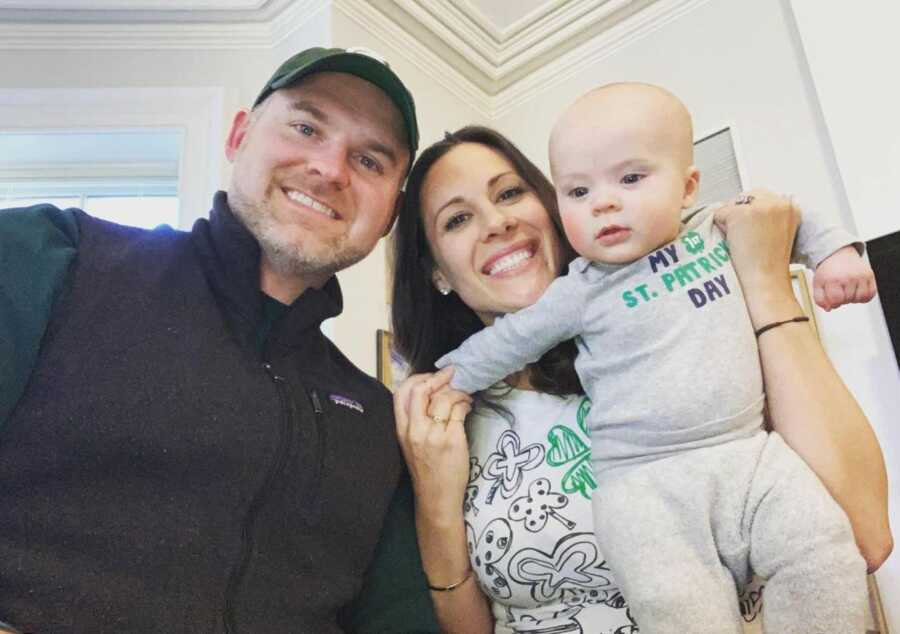
Stories won’t fix everything, but bring us into the same room. They say, “Me too,” and make breathing air a little easier. In one last note, she admits something tender: she loves him even more now, her partner who sat beside her through every open and close of the day. That love keeps reminding her that, somehow, they will be okay. She writes because he urged her to, and because passing the light along feels right.
